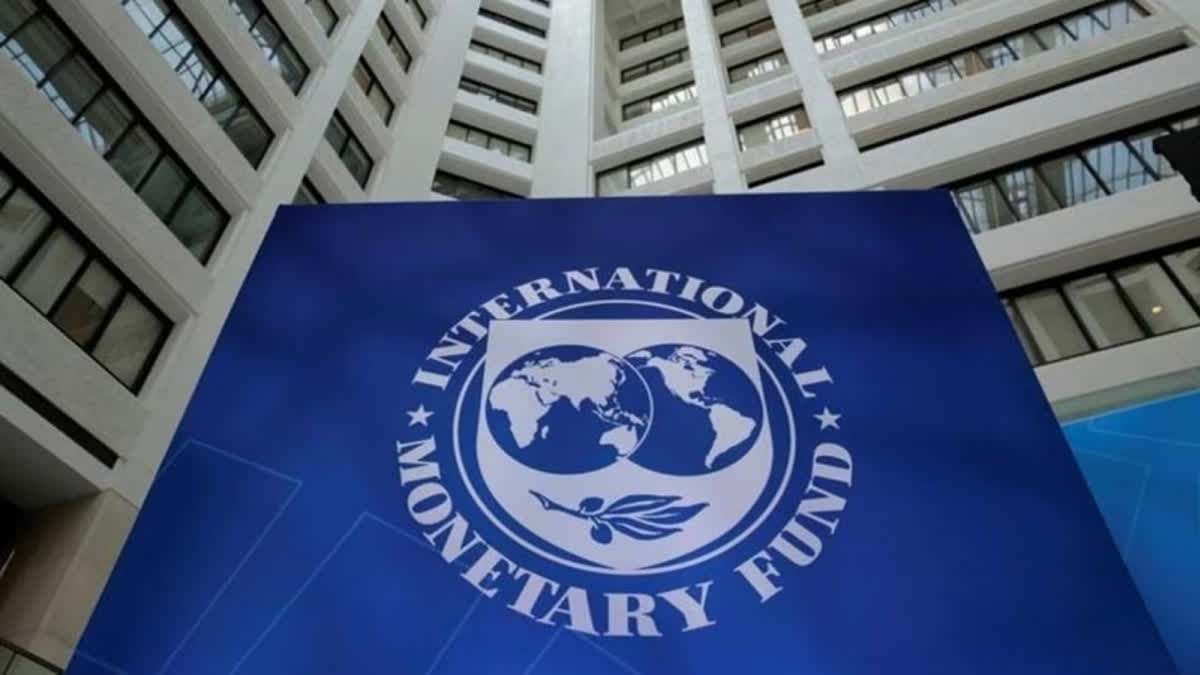Islamabad: In a major relief to cash-strapped Pakistan, the government and the IMF have reached a long-awaited staff-level agreement on a USD 3 billion stand-by arrangement to support the authorities' immediate efforts to stabilise the economy from external shocks. Pakistan's economy has been in a free fall mode for the last many years, bringing untold pressure on the poor masses in the form of unchecked inflation, making it almost impossible for a vast number of people to make ends meet.
I am pleased to announce that the IMF team has reached a staff-level agreement with the Pakistani authorities on a nine-month Stand-by Arrangement (SBA) in the amount of SDR 2,250 million (about USD 3 billion or 111 per cent of Pakistan's IMF quota), Nathan Porter, the International Monetary Fund's Mission Chief to Pakistan, said in a statement on Thursday.
The new SBA builds on the authorities' efforts under Pakistan's 2019 EFF-supported programme which expires end-June. This agreement is subject to approval by the IMF's Executive Board, which is expected to consider this request by mid-July, the statement added. The USD 3 billion funding, spread over nine months, is higher than expected for Pakistan. The country was awaiting the release of the remaining USD 2.5 billion from a USD 6.5 billion bailout package agreed in 2019, which expires on Friday.
Also read: Closely monitoring situation in Pakistan: US
"The new SBA will support the authorities' immediate efforts to stabilise the economy from recent external shocks, preserve macroeconomic stability and provide a framework for financing from multilateral and bilateral partners," the statement said. The full and timely implementation of the programme will be critical for its success in light of the difficult challenges, it said.
The country's economy has faced several challenges in recent times, including devastating floods last year and commodity price hikes following the war in Ukraine. Over 1,500 people were killed last year during floods in Pakistan that destroyed millions of homes, wiped out swathes of farmland, and caused billions of dollars in economic losses.(PTI)



